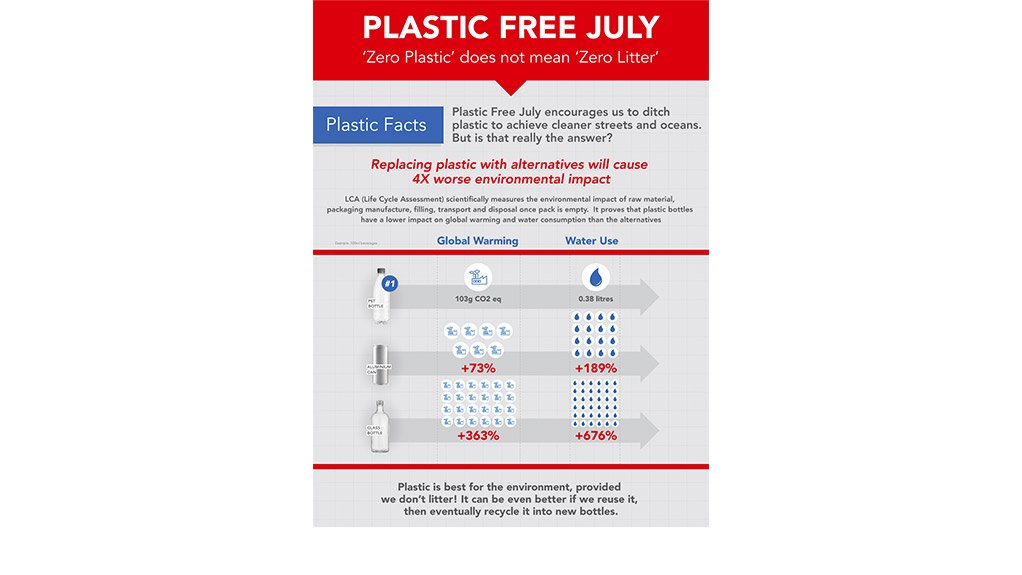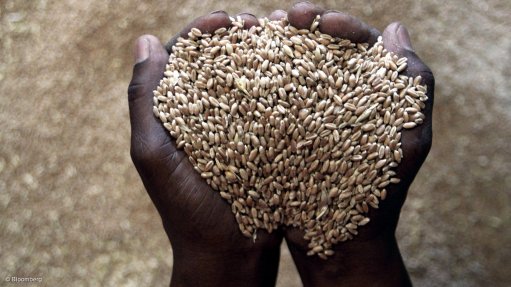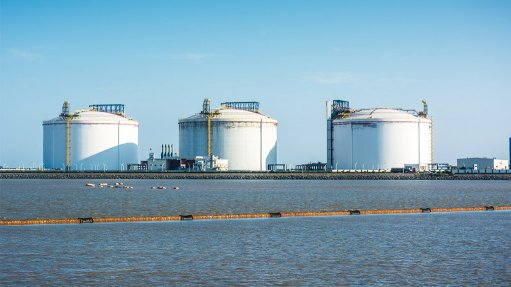Lets's make it a litter-free July
This article has been supplied as a media statement and is not written by Creamer Media. It may be available only for a limited time on this website.
Each year during the month of July, people across the globe are encouraged to take part in “Plastic Free July” – an international movement that encourages people to stop using plastic in order to achieve clean streets, neighbourhoods, water sources and oceans.
While it might sound like a noble pursuit, the reality is that “zero plastic” doesn’t necessarily mean zero litter. According to Plastics SA – the umbrella body representing the entire plastics value chain in South Africa – the country’s waste is at a high risk of leaking into the environment, primarily due to the mismanagement of waste.
“Unmanaged pollution due to inadequate waste management infrastructure is the root cause of our litter crisis. 34 % of households in South Africa have no formal waste collection[i]. It is therefore illogical and naive to think that we'll have cleaner communities because the straw carelessly tossed out of the car window was made from paper instead of plastic. Whilst we wholeheartedly agree that we need to eliminate all unnecessary packaging (regardless of the material) and reuse where possible, it is important that we take an evidence based approach to ensure we do not replace existing, fit-for-purpose packaging with more harmful alternatives,” advocates Anton Hanekom, Executive Director of Plastics SA.
The true cost of plastics on the environment
There is no doubt that the use of plastics in modern society has increased incrementally during the last few decades. With ever-expanding applications, plastics deliver many benefits, such as plastic packaging which extends the shelf life, reduces food wastage and prevents contamination, plastic water pipes that provide clean drinking water and life-saving medical devices such as surgical equipment and drips.
As the use of plastic increased, so too, unfortunately, have the environmental impacts associated with its production and disposal. These environmental costs have prompted some to argue that plastics should be replaced with alternative materials which may present fewer environmental challenges.
“Although paper, steel, aluminium and glass could be viable in many consumer goods applications, studies which modelled the substitution of plastic with these materials have actually shown that in some cases, their environmental costs and impacts are up to four times higher than that of plastics[ii],” Hanekom says.
The same researchers have also proven that moving to a more circular economy by increasing the recycling of post-consumer plastics and minimizing landfilling, could deliver significant environmental benefits. In addition to dramatically reducing the environmental cost of plastics, effective waste collection and management also have direct economic gains thanks to job creation, recovered value of recycled plastics and recovered energy.
“Apart from delivering significant social and environmental returns on investment, the environmental benefits of increased recycling have been proven to outweigh the costs of pollution emissions and external waste management costs by at least 3.9 times[iii]”, he reports.
Practical steps to help reduce litter
Waste has become a global issue, but collective, concerted and consistent efforts by individuals and communities around the world have proven to significantly reduce the amount of litter found in the environment, on our beaches and ultimately ending up in our oceans. There are important steps that each of us can take every day to help solve our litter crisis. These include:
1. Reduce, reuse and recycle
Most of the packaging made from plastic today has the potential to be used more than once. Plastic carrier bags, food containers and water bottles are mostly made from strong and good quality plastic polymers that could be washed and re-used many times over before they need to be put into the recycling bag. It is also important to remember that many of these so-called “single-use” plastic products are recycled into items that very often have a much longer second life. For example, plastic PET water bottles are recycled back into water bottles, but also into duvets, pillows or fleece jackets; milk and detergent bottles are recycled into drums, pallets or hose pipe, polystyrene take-away containers are given a second life as picture frames or lightweight concrete bricks, while bottle tops, ice cream tubs and yoghurt containers are recycled into outdoor plastic furniture.
2. Leave only footprints
When visiting the beach or enjoying the beauty of nature, make sure that you leave only footprints. Don’t litter, and make sure that you don’t leave empty-handed. Keep an eye out for carelessly discarded trash around you and help clean our environment by picking it up and throwing it into your recycling bag when you get home. You can also help to make a difference by participating in one of the many beach and community clean-ups taking place around the country.
3. Invest in proper waste management and collection infrastructure
Municipalities need to be encouraged to invest in developing proper waste collection systems with the necessary infrastructure to deal with the waste in informal settlements and neighbourhoods (e.g. waste removal, landfills, buy-back centres etc.), in order to prevent litter from ending up in our waterways, rivers and ultimately our ocean.
The plastics industry has been working hard to reflect year-on-year increases in the recycling rate with less plastic waste going to landfills. However, the industry’s efforts alone are not going to win the war on plastic pollution. More than ever before we need strong, collaborative and meaningful partnerships. To win the war on plastic pollution, it is vital that producers, brand owners, retailers, government and consumers join forces and work together around the collective goal of creating a litter-free environment.
Comments
Announcements
What's On
Subscribe to improve your user experience...
Option 1 (equivalent of R125 a month):
Receive a weekly copy of Creamer Media's Engineering News & Mining Weekly magazine
(print copy for those in South Africa and e-magazine for those outside of South Africa)
Receive daily email newsletters
Access to full search results
Access archive of magazine back copies
Access to Projects in Progress
Access to ONE Research Report of your choice in PDF format
Option 2 (equivalent of R375 a month):
All benefits from Option 1
PLUS
Access to Creamer Media's Research Channel Africa for ALL Research Reports, in PDF format, on various industrial and mining sectors
including Electricity; Water; Energy Transition; Hydrogen; Roads, Rail and Ports; Coal; Gold; Platinum; Battery Metals; etc.
Already a subscriber?
Forgotten your password?
Receive weekly copy of Creamer Media's Engineering News & Mining Weekly magazine (print copy for those in South Africa and e-magazine for those outside of South Africa)
➕
Recieve daily email newsletters
➕
Access to full search results
➕
Access archive of magazine back copies
➕
Access to Projects in Progress
➕
Access to ONE Research Report of your choice in PDF format
RESEARCH CHANNEL AFRICA
R4500 (equivalent of R375 a month)
SUBSCRIBEAll benefits from Option 1
➕
Access to Creamer Media's Research Channel Africa for ALL Research Reports on various industrial and mining sectors, in PDF format, including on:
Electricity
➕
Water
➕
Energy Transition
➕
Hydrogen
➕
Roads, Rail and Ports
➕
Coal
➕
Gold
➕
Platinum
➕
Battery Metals
➕
etc.
Receive all benefits from Option 1 or Option 2 delivered to numerous people at your company
➕
Multiple User names and Passwords for simultaneous log-ins
➕
Intranet integration access to all in your organisation





















